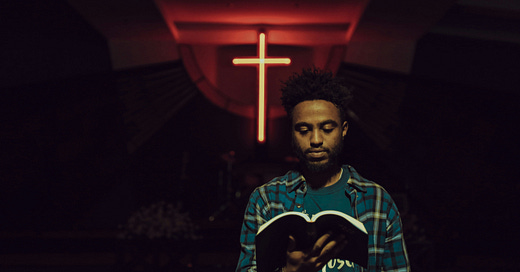I don’t like being late. I feel a twinge of guilt when I don’t show up on time. I’d much rather be thirty minutes early than one minute behind. Being punctual is important to me. Although personalities differ and sometimes providential hindrances will keep you from timeliness, every pastor should strive to show up on time.
I suppose punctuality is important to me not just for personal reasons, but also for cultural ones. As one who grew up in the Western part of the world, I’ve been culturally conditioned to believe punctuality is important, even an indicator of character. There are consequences for showing up late.
When visiting another church, for example, a friend told me she and her friend arrived late for the start of the worship service, only to be asked to stand outside the sanctuary for 10 minutes. For some doctors’ appointments, if you show up more than 5-10 minutes late, you either have to call or cancel ahead of time or you could be fined (and lose your appointment). College graduates probably have a story of a professor who threatened to lock the doors if a student did not arrive on time. We have been conditioned by society to show up on time or face repercussions.
And yet, why am I so eager to guard my appointments with church members and doctors but don’t maintain the same urgency with my devotional time with God?
For the pastor — and every Christian — your most important appointment is your appointment with God.
When discussing the necessity of private devotions for the Christian life, some feel the need to respond and say, “You’re being legalistic.” Or someone else might quickly remind you that salvation is by grace through faith. “You can’t lose your salvation,” one might protest, “if you skip private Bible reading and prayer.” While it is good to be reminded of glorious doctrines like justification by grace through faith and the eternal security of the believer, we are fooling ourselves if we don’t think there are repercussions for not meeting privately with God.
Just like there are repercussions for showing up late, there are repercussions for skipping your most important appointment: powerlessness, lack of joy, and eventually a stale or ineffective ministry.
Who are the most urgent, motivated people in society? Probably those with a side hustle. Typically, those with a side hustle dislike the 40-hour-a-week job they presently have, and in pursuit of freedom and work they love, they are willing to rise three hours before the work day starts to work on their side hustle. They are desperate to escape the 9-5 grind.
Often, we don’t maintain our appointment with God with the same vigor because we don’t feel a sense of desperation. But we are far more needy and fragile than we realize.
What keeps pastors from guarding their devotional time?
Spiritual warfare.
Laziness and a lack of discipline.
Because you’ve become a spiritual “professional” and are simply going through the motions.
You wrongly think you can be effective for the long haul without regular private devotions.
Or, you’ve become too busy. You didn’t intend for this to happen. It just sort of did. You skipped one day of devotions. That led to one week without devotions. And before you know it, your personal Bible goes untouched for a month (except for sermon preparation, of course).
The truth is, skipping your quiet time does feel liberating at first. It does. It’s one less thing to read, one less box to check from your list, one less activity in which you don’t have to wonder if it’s working or not. You can get away in ministry for a few weeks or even a few months without a quiet time. But eventually, you’ll render yourself spiritually ineffective. Your joy will be low. The power will be missing. You’ll stay in the job because you don’t want to quit or you’ll eventually burnout and be forced to quit.
The productivity literature will tell you to guard your most important appointments. They even give you the courage to say “no” to less important tasks so you can say “yes” to your most important tasks. There are so many appointments you could maintain on any given day, none more important than your appointment with God.






